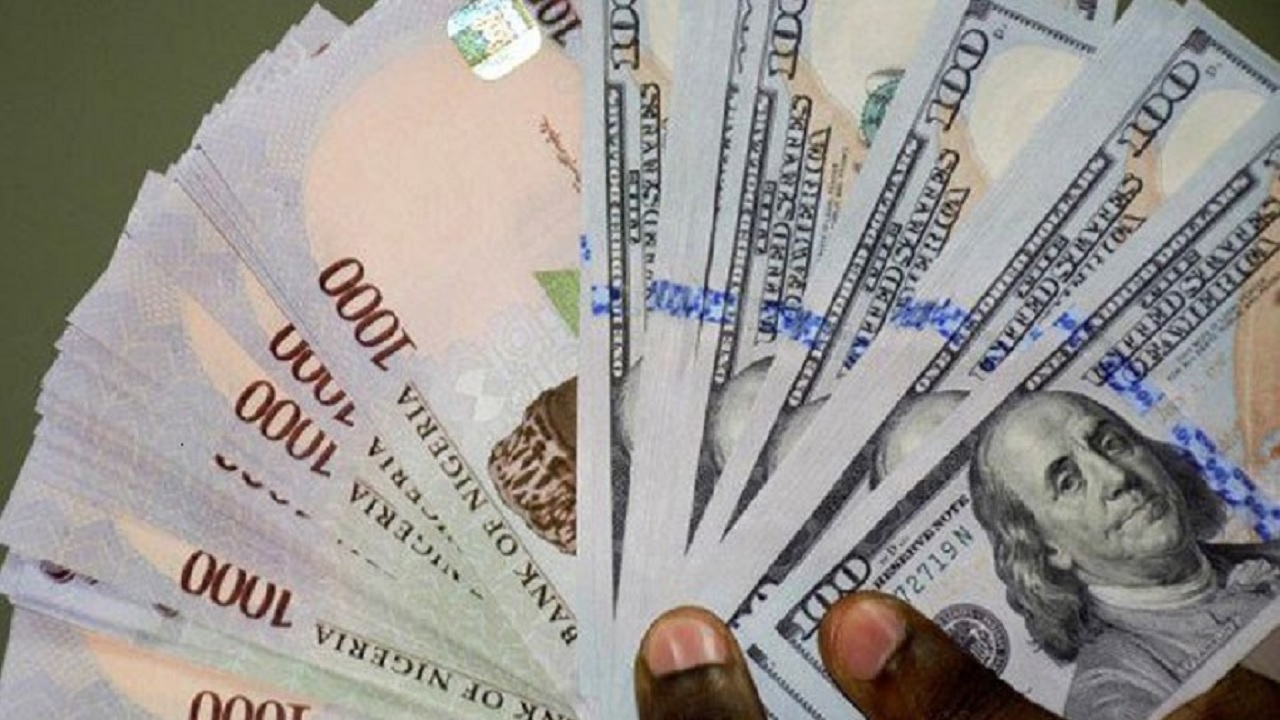The naira is losing value rapidly in the foreign exchange markets, hitting a record low of N955 to US$1 on Thursday at the parallel market.
The gap between the demand and supply of dollars in the banks and at the parallel market has widened, creating panic and uncertainty among Nigerians.
The government seems to be distracted by the coup in Niger Republic, while the Central Bank of Nigeria is failing to stabilise the currency and the economy.
The naira’s decline started when the CBN enabled the free float of the naira against other global currencies in June. The naira rose to 664/thenextday,butsoonbegantoexperiencevolatilityintheblackmarket.TheofficialexchangerateofN767.76/ is far from reflecting the market reality.
The naira’s fall is due to the weak supply and artificial demand of forex. The supply is constrained by low non-oil export earnings, while the demand is driven by speculators, hoarders, and money launderers. Politicians, public officials, bandits, kidnappers, and connected contractors are flooding the market with ill-gotten naira, not genuine producers or businesses.
The IMF has warned that the existing “loose fiscal and monetary policies” make it hard for the naira to stabilise. The Economist Intelligence Unit’s forecast of a N1,000/$ rate up till 2027 now seems too optimistic. Things could get worse well before then.
The banks and the bureaux de change are struggling to meet the forex demand of their customers. The CBN removal of cash deposit limits on domiciliary accounts in June has led to the repatriation of funds through the banks. As a result, the demand for dollars has outweighed the supply significantly.
“Some of the dollars are being repatriated through the banks but the demand is still higher than supply because everyone is still sourcing for dollar for imports, PTA, BTA, others,” an official of a lender said.
“Before, the banks used to get dollar from the CBN every week but now, it has reduced drastically; we have not been getting again. Banks are sourcing for forex everywhere. The banks don’t have enough. We have not been getting supply from the CBN for weeks now,” another official of a tier-1 bank said.
The President of Association of Bureau De Change Operators of Nigeria, Aminu Gwadabe, said liquidity squeeze in the forex market had continued to put the naira under heavy attack from speculators.
“The dwindling supplies in the I&E window shifted the demand to the parallel market where volatility and spikes is most pervasive. The entire forex market is plagued by liquidity shortages,” he said.
He added that most licensed BDCs had lost their clients to the parallel and undocumented space with no regulation and standardisation due to their demand for KYC requirement.
“It is indeed a difficult time for most of our members as we are excluded from the harmonised market,” he said.
Proffering solutions, Gwadabe said Nigerians should aspire to have a stable exchange rate devoid of illegal economic behaviour like arbitrages, hoarding and panic buying.
“ABCON is desirous to partner with the apex bank and the Federal Government for an elaborate dialogue and engagement to champion paths to naira recovery,” he said.
He added that the financial architecture should be reviewed to include BDCs in the harmonised markets. The monetary and fiscal authorities should create
